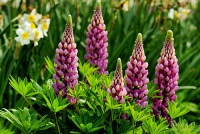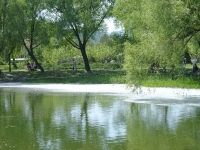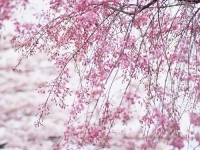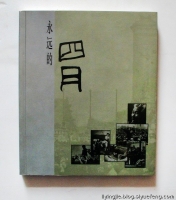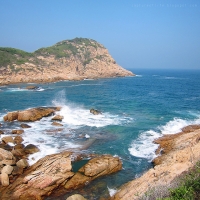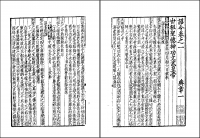| Multiple poems at a time |
SI YUE
四月
Xiao Minzhishen
In the fourth month comes summer,
And in the sixth month the heat begins to decrease.
Were not my forefathers men?
How can they endure that I should be [thus]?
The autumn days become cold,
And the plants all decay.
Amid such distress of disorder and dispersion,
Whither can I betake myself?
The winter days are very fierce,
And the storm blows in rapid gusts.
People all are happy;
Why do I alone suffer this misery?
On the mountain are fine trees, --
Chestnut trees and plum trees.
Of their degenerating into ravening thieves,
I know not the evil cause.
Look at the water of that spring,
Sometimes clear, sometimes muddy.
I am every day coming into contact with misfortune;
How can I be happy?
Grandly flow the Jiang and the Han,
Regulators of the southern States.
Worn out as I am with service,
He yet takes no notice of me.
I am not an eagle nor a hawk,
Which flies aloft to heaven.
I am not a sturgeon, large or small,
Which can dive and hide in the deep.
On the hills are the turtle-foot and thorn ferns;
In the marshes are the medlar and the yi.
I, an officer, have made this song,
To make known my plaint.
Translator: James Legge
【Collections】诗经
【Source】 The English translation text was taken from The Chinese Classics, vol. 4 by James Legge (1898) and checked against a reprinted edition by Wen Zhi Zhe chu pan she (Taiwan, 1971).
